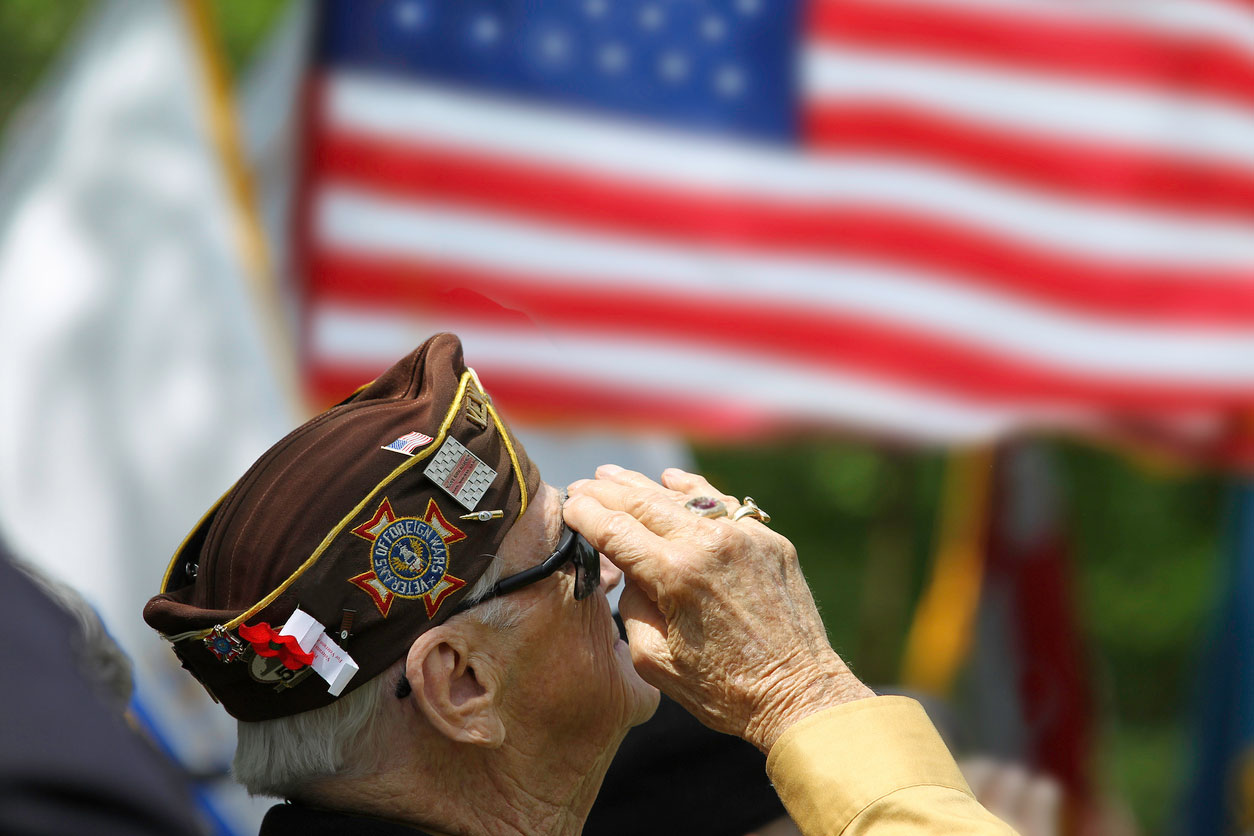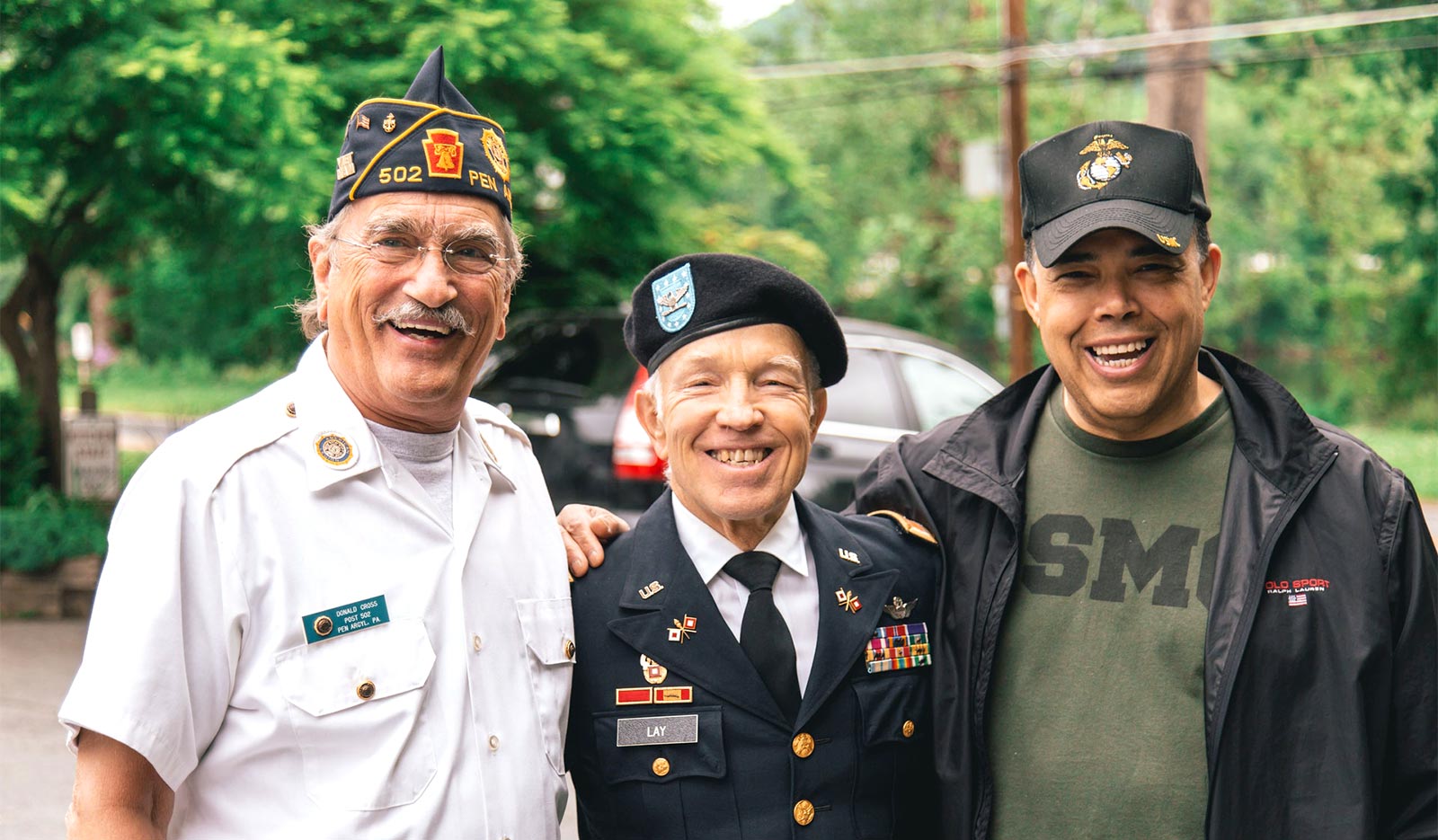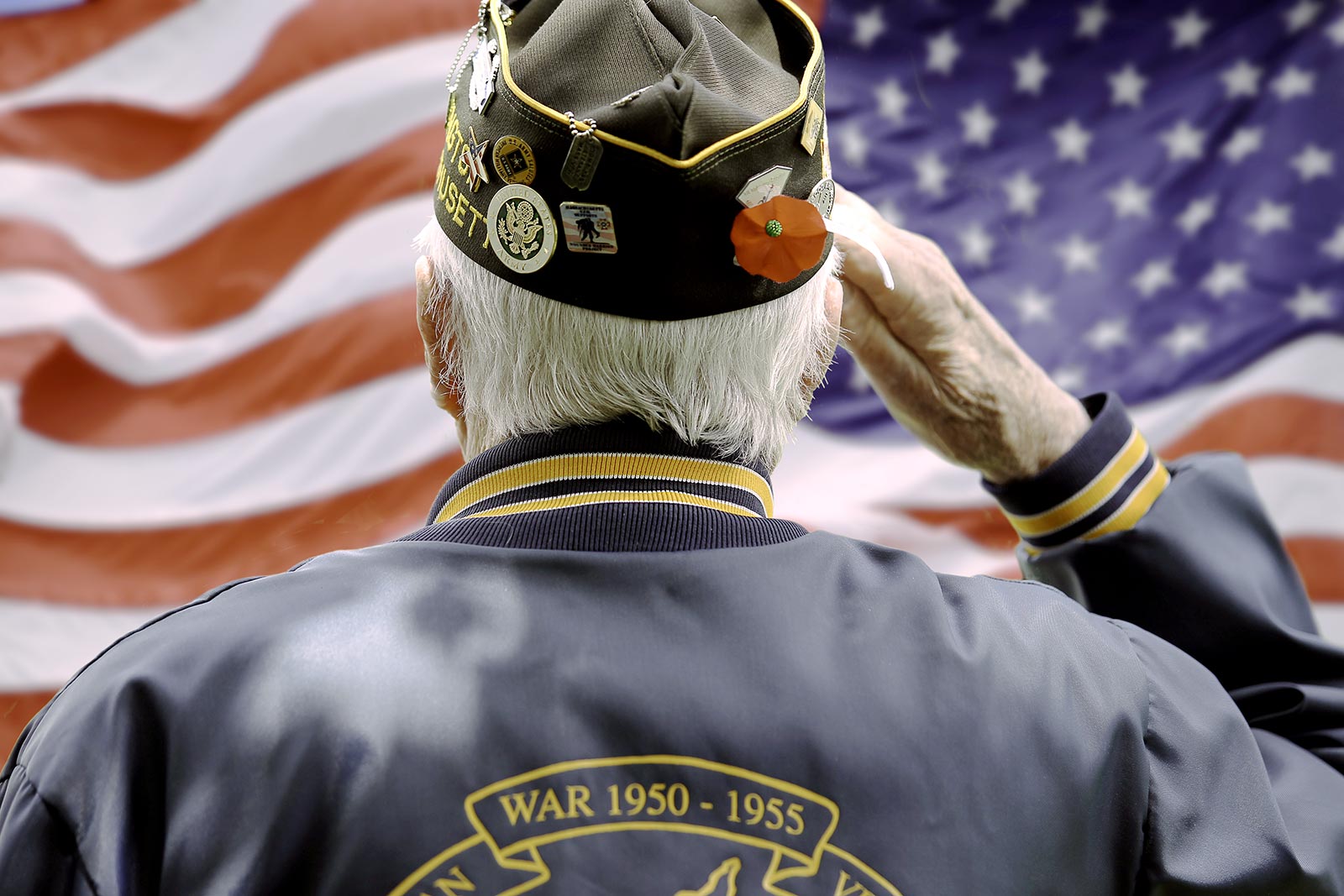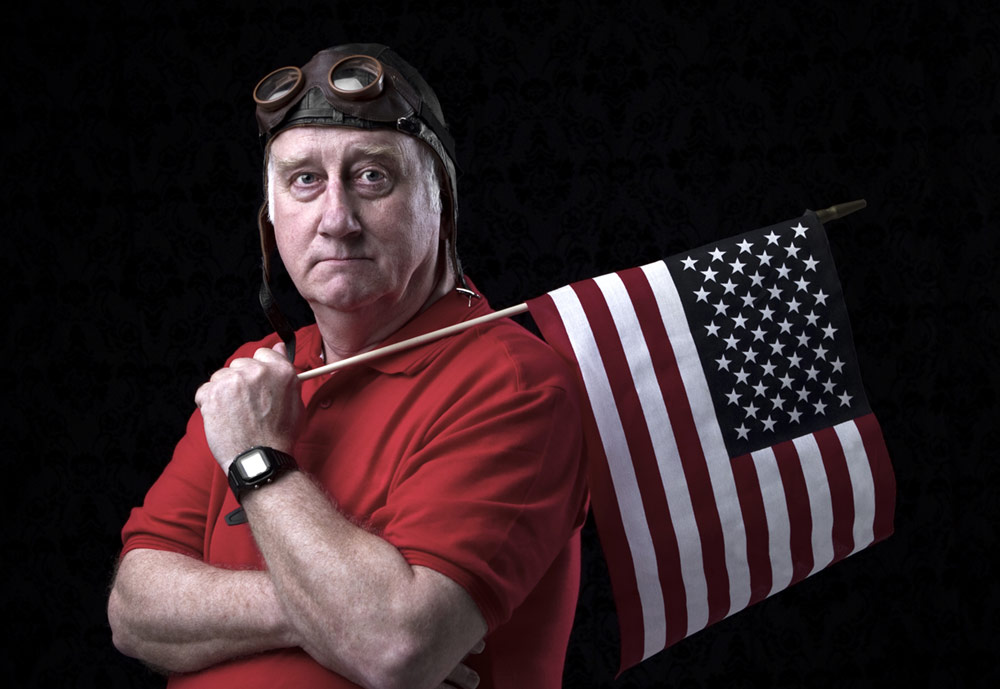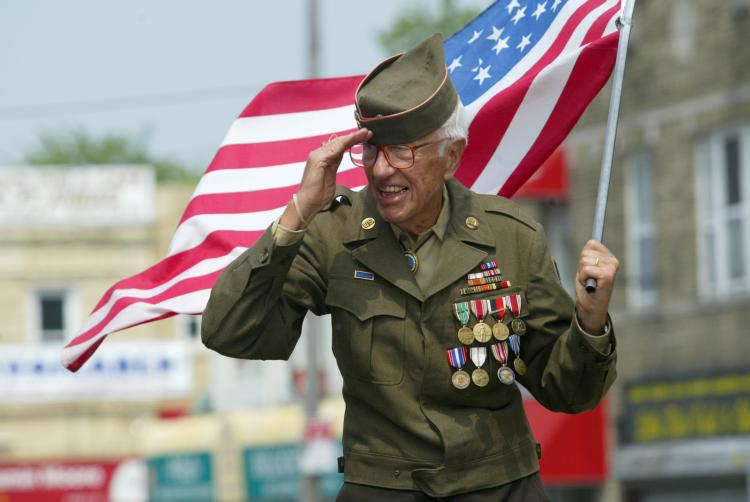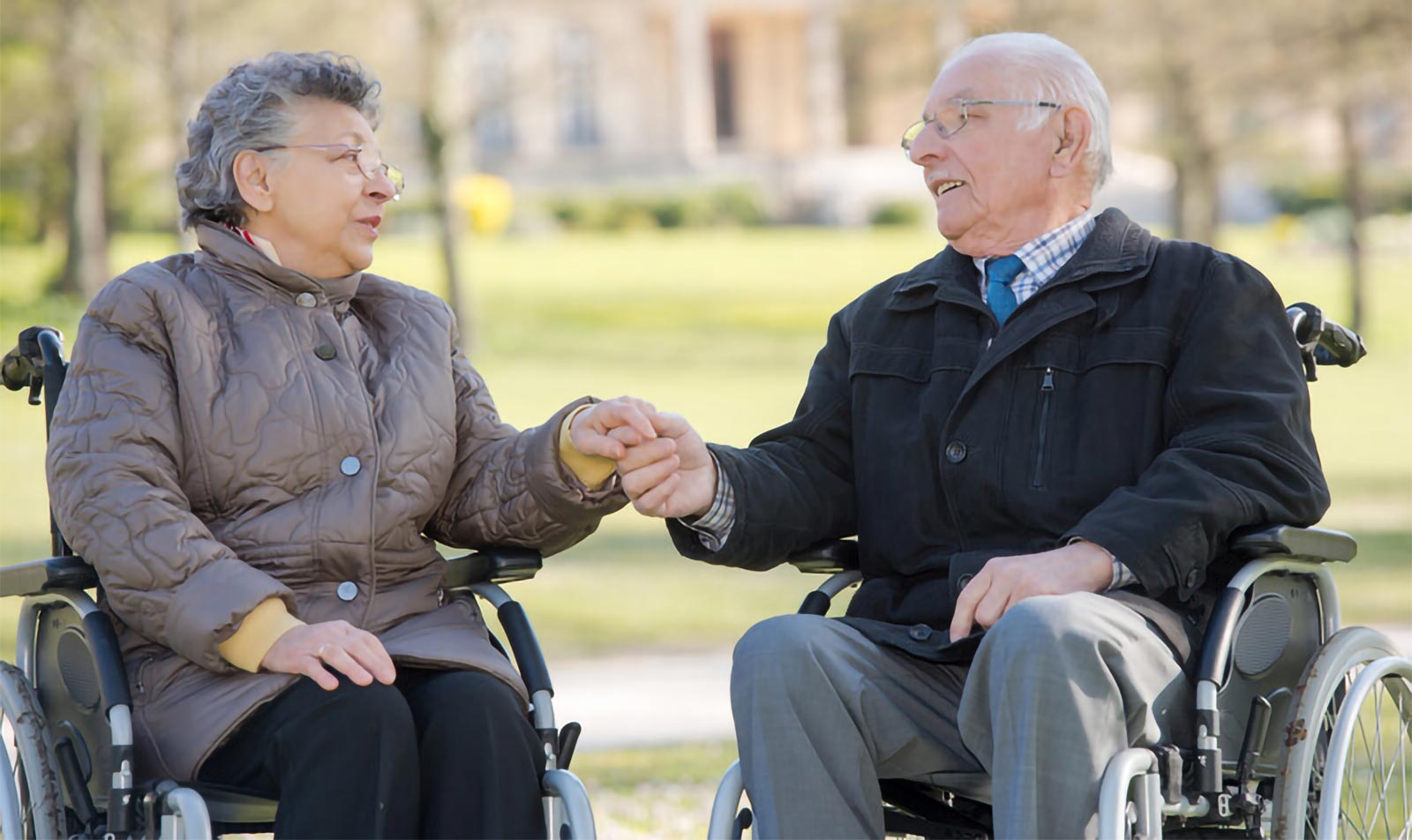In many parts of Puget Sound, we are rich in military culture. It always fascinated me that as our veterans age, they tend to stay close to their military base. If they are a career military veteran, you can usually note an exemplary life that they lead. They truly are the real patriots of our country, and the sacrifices they have made for our country are unsurmountable.
As our veterans age, they may not be as meticulous or regimented as they once were, but I find it important to note that society often times forgets that our elder veterans who live among us, deserve the respect and gratitude that they did when they once served. They may suffer from ailments that they gained from wartime, and they also may be traumatized by PTSD and depression from their experiences.
A military service history can have wide-ranging effects on a veteran’s life. Veterans feel the framework from which they emerge is not appreciated by the population at large. By not having a clear understanding, it may create obstacles for health care providers that make it difficult for them to understand a veteran’s health care needs.
Military service—and combat experience in particular—is a profound life experience that many civilians do not understand – and veterans are well aware of this. As a result, a senior veteran may not speak about his experience in wartime. As family members, if you have a loved one who served in that capacity, be mindful that if they served in Vietnam or the Korean War in combat, the horror they experienced can live with them throughout their lifetime. Medications they may be taking can also bring about symptoms of depression or PTSD that we may have never seen before.
If it is time to seek an assisted living situation for a senior veteran, I truly believe that one of the top considerations a family should think about is a community that understands how to best care for them. There is no wonder as to why there are military-focused senior living communities that cater to our older adults. There is a culture that has likely been engrained within them, and also, a care staff that will likely recognize symptoms of military stress or conditions that others would not.
Be mindful that if care staff are coming into the home to care for your father, and if he was an officer in the military, a simple gesture like calling him, “Colonel” or “Captain” might seem trivial, but it’s a level of respect. Take the time to inform any care staff who is caring for your loved one of their military service.
Finally, there is a great resource for you to check out. It’s through the Veteran’s Administration called the Older Adult Behavioral Mental Health Resource Inventory. It helps families to access resources from the Veteran’s Administration that can help you find resources that you need directly from the US Government. Seek out healthcare providers who understand the unique realities of military culture, and above all, show them the respect that they have earned throughout their lives.






